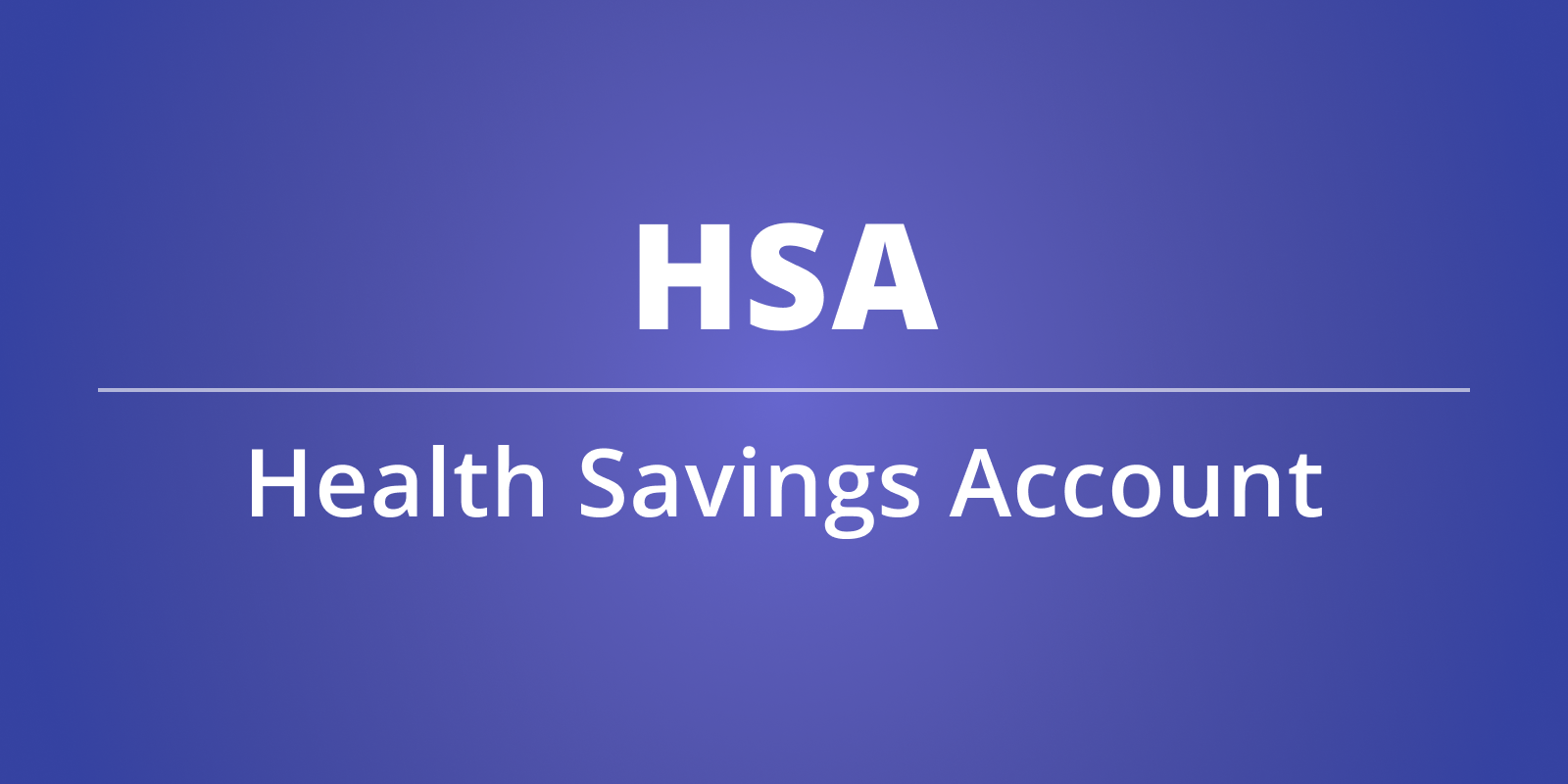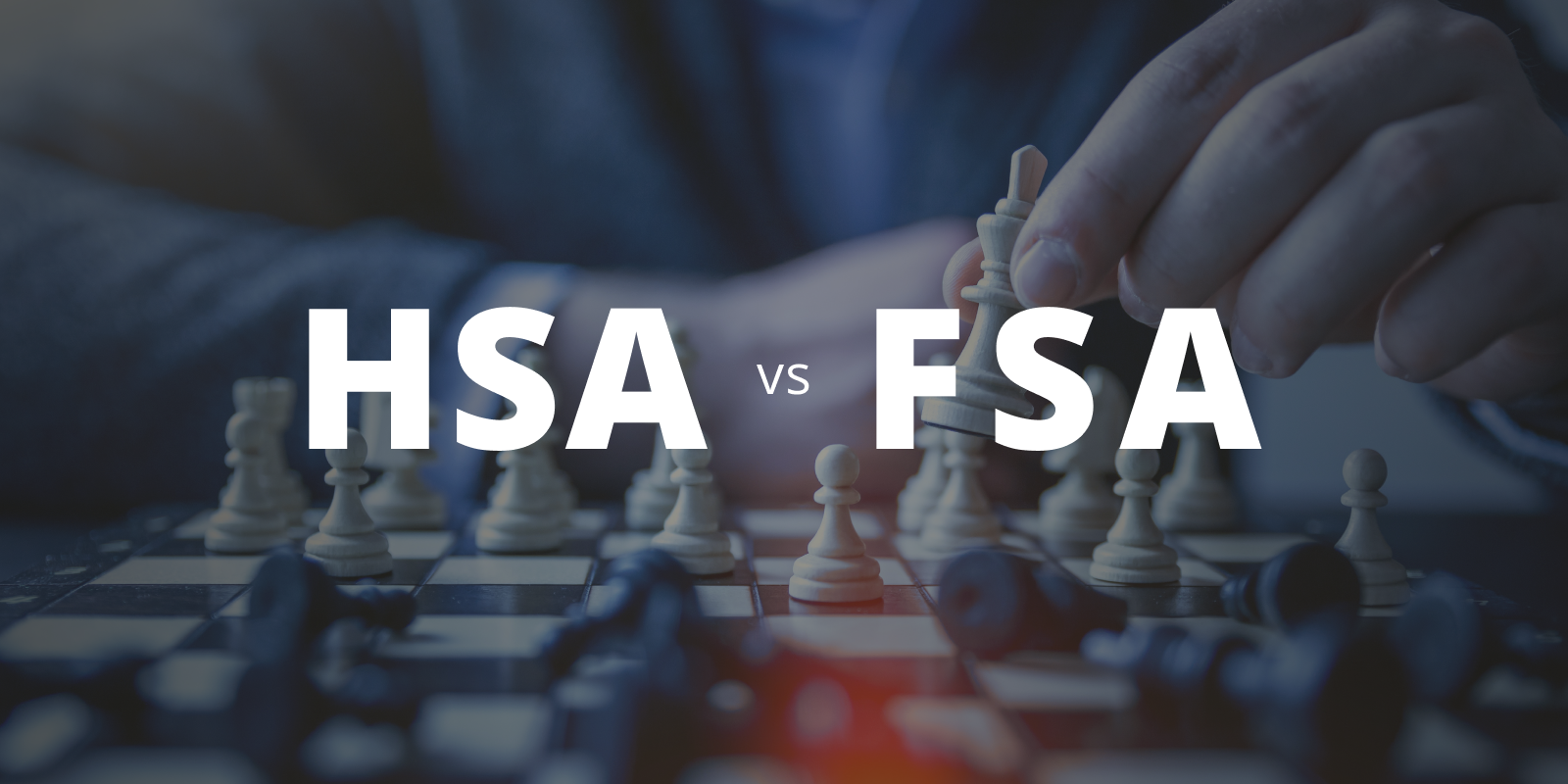The first thing that might come to mind when using your health savings account for qualified medical expenses could be paying for your monthly prescriptions or a new pair of glasses.
However, what if you have a more integrative approach to your healthcare? Maybe you want to see a chiropractor or an acupuncturist as well as your regular doctor? Or maybe you are interested in trying some of these modalities out? Are they HSA-eligible? While Americans’ interest in complementary and alternative medicine (CAM) continues to grow, medical coverage for these services is not always available.
One thing that is worth keeping in mind when thinking about qualified medical expenses, is that the IRS defines them as “costs of diagnosis, cure, mitigation, treatment, or prevention of disease.” Therefore, when seeking to use an HSA for reimbursement, you may need a doctor’s note, or Letter of Medical Necessity, that specifies how the service will treat your specific diagnosis. Read on to find out more:
Chiropractic Care
Chiropractic care focuses on the well-being of the musculoskeletal system and the nervous system. Chiropractors can use a variety of techniques, including adjustments or joint manipulations and stretches. Such adjustments claim to restore function to the joints and the nervous system, which help align the spine and reduce pain. Chiropractic care claims to relieve headaches, low back pain, neck pain, and muscle pain.
HSA Eligibility
Chiropractic care is HSA-eligible. The reason you are seeking care must be for medical necessity and not overall well-being. Therefore, you may need to have a doctor’s note on file.
Acupuncture
Acupuncture is over 3000 years old and is a part of Traditional Chinese Medicine (TCM). Acupuncturists aim to balance the energy, or life force in your body, known as Qi or Chi (pronounced Chee). In this system, when your Qi is out of balance, it could lead to disease. Acupuncturists usually use thin needles to balance the pathways or meridians in the body. However, they can use other forms of stimulation, such as heat or pressure. Acupuncture may help relieve many conditions, including arthritis, menstrual cramps, headaches, insomnia, and addiction.
HSA Eligibility
Acupuncture is considered an HSA-eligible expense. However, in this case, you will need a doctor’s note that deems it medically necessary to receive such treatments.
Reflexology
Reflexology uses pressure on different points on the feet, hands, and ears to improve a person’s health. In reflexology, each reflex point corresponds to various organs and systems in the body. Applying pressure to these points may help the way an organ functions. Reflexology may alleviate pain and help with issues such as stress and anxiety.
HSA Eligibility
Reflexology is considered an HSA-eligible expense. However, you will need a Letter of Medical Necessity from your doctor.
Whether or not you choose to use an integrative approach to your health care–an HSA is a great way to help you achieve your financial and health goals.








